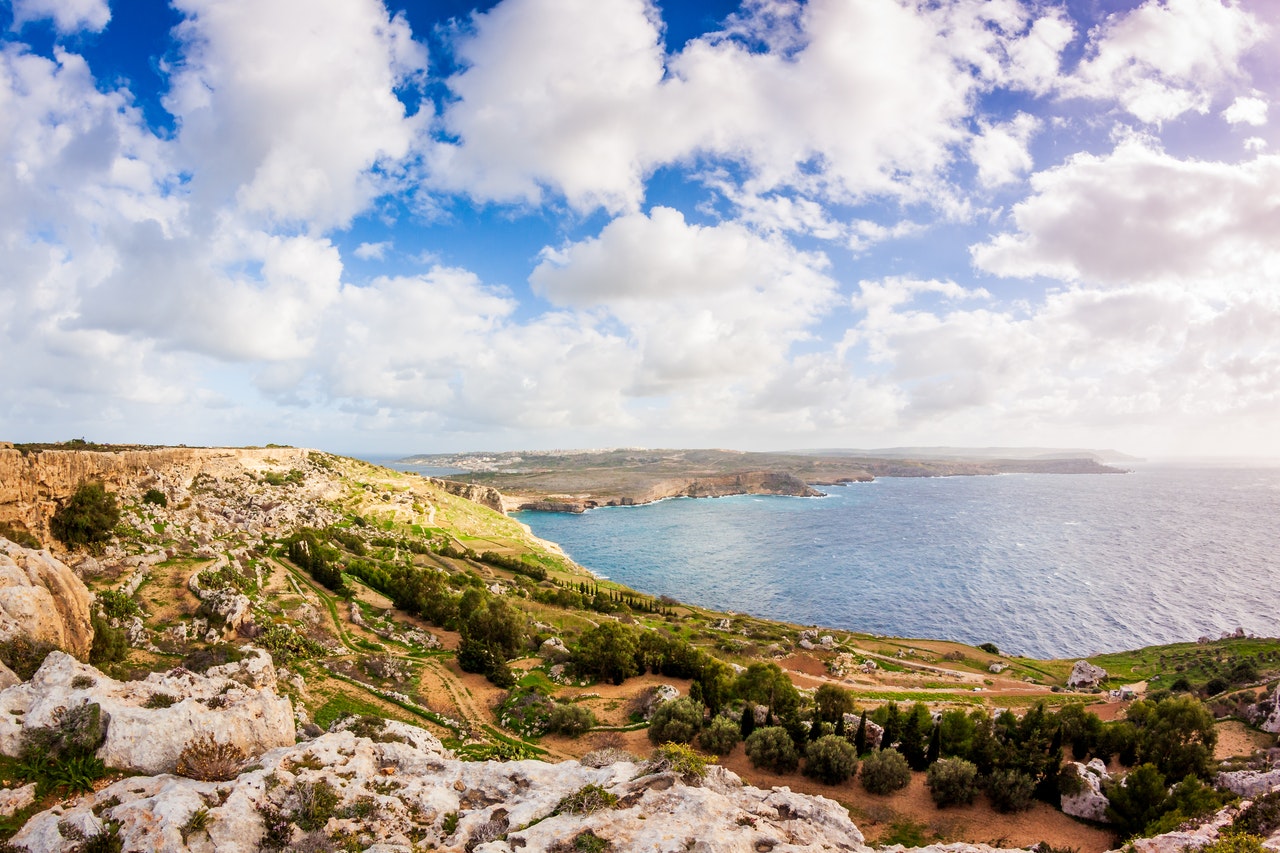The Government has launched a project aimed at securing an economically and environmentally sustainable coastal protection management system that takes climate change into account.
The C-Coastal project was launched this morning by Tourism Minister Clayton Bartolo.
“The intention is to develop a national, integrative instrument to identify the full range of policy priorities in order to reduce coastal pressures, while protecting and preserving the shoreline most exposed to coastal dynamics,” Minister Bartolo said, adding that there would be increased harmonisation across various ministries, notably between his own ministry, the Transport and Infrastructure Ministry, together with the Secretariat for EU Funds.
“This will be done by establishing a consistent and holistic strategic framework on a national level. The overall objective of this project is to provide support to the Public Works Department and the Malta Tourism Authority (MTA). I believe this project will be a necessary tool for the MTA to enhance our tourism product in a sustainable manner. This also falls within the recently launched tourism strategy for the next 10 years,” he said.
A representative for the Transport and Infrastructure Ministry noted that the coast was one of the most sought after areas of the country.
“However, not many people are aware of the risks coastal erosion can pose to public safety, particularly due to rock falls,’ he said.
As a result, he added, after years of research, the Public Works Department had prepared a proposal for the formulation of a coastal protection strategy for the Maltese islands.
“Since the MTA already had plans for such a study, the Infrastructure Ministry partnered with it for a two-year project, which was jointly submitted in October 2020,” he said.
Maria Ferreira, director of International Programme Coastal & Marine Union (EUCC), which will be implementing the project, said that a national instrument based upon identification of a full range of policy priorities in order to reduce coastal pressures while protecting and preserving the shoreline of rocky and sandy beaches would be developed.
“The first year of the project will consist of a diagnosis phase to gain a good understanding of the problems that need to be acted upon, while in the second year, the focus will be on jointly designing a strategy based on prioritising coastal erosion risks, and identifying suitable and effective protective solutions that will define coastal and beach management plans in future,” she said.
Professor Simone Borg, Malta’s Ambassador for Climate Action and chairperson of the Climate Action Board, noted how Malta was defined by its coast.
“It is what makes us an island state. Besides its dramatic beauty, it is also our lifeline, provides economic activity, and is the hub of our social life, cultural life,” she said.
Prof. Borg added that the aforementioned challenges and risks also had the potential for positive outcomes.
“A tourist product that protects its coasts from environmental impact would make us a leader in green tourism,” she said.
The project will be funded under the EU’s Technical Support Instrument (TSI).
Annual STI testing for non-EU massage therapists amounted to ‘slander,’ admit health authorities
Health authorities kept quiet about changes to the legal provisions
KM Malta Airlines announces extra flights and special fares for MEP and local council elections
To qualify for special fares, all travel needs to take place into and out of the same city
European Parliament adopts regulation making it easier for companies to be paid on time
The maximum credit term under the new Late Payment Regulation is to up to 120 days, for some sectors






